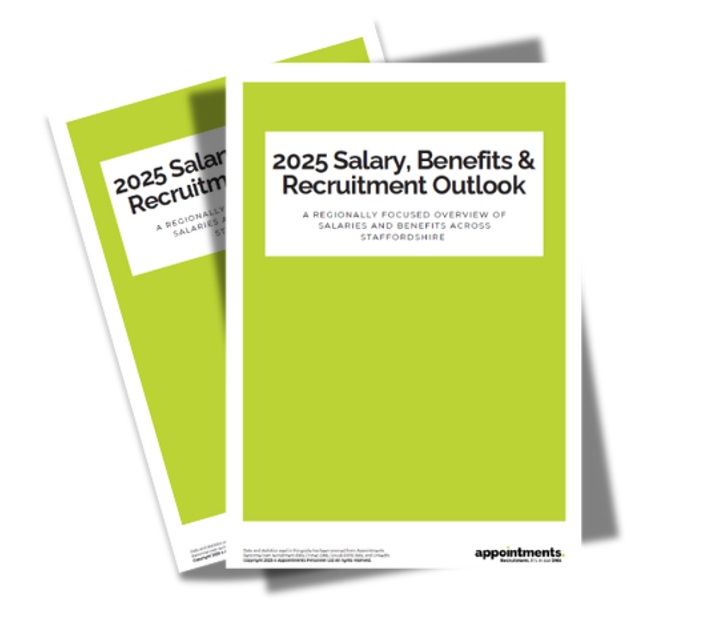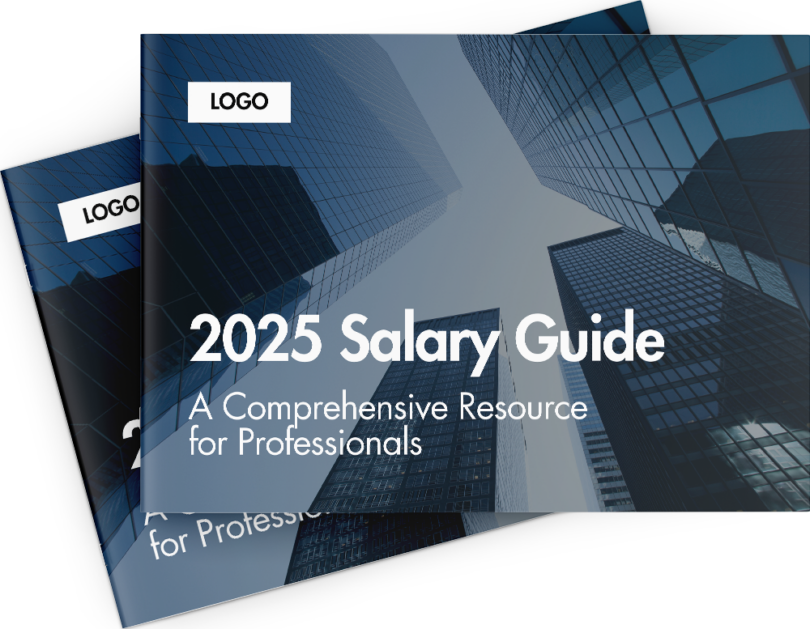By Kerry Bonfiglio-Bains
•
January 15, 2025
In the fast-paced world of business, the ability to secure and retain top leadership talent can make all the difference between stagnation and exponential growth. For SMEs in particular, the right leadership hires are not just crucial for filling vacancies—they are key to shaping the strategic vision, driving operational efficiency, and laying a foundation for long-term success. As we look ahead to 2025, let's delve deeper into why selecting the right leadership is more important than ever and how you can strategically approach these critical hires. Why Leadership is the Cornerstone of Business Success Leadership roles such as Finance Directors, HR Business Partners, and Operations Managers are not just functional—they are transformative. Over the years, we’ve seen firsthand how the right leaders can unlock business potential and propel organizations forward. However, the wrong hire can lead to disruption and inefficiency. Here's how these roles contribute to sustainable growth: Finance Directors (FDs): A Finance Director is far more than just a custodian of the company’s finances. They provide essential strategic insights that guide decision-making and drive growth. By identifying cost-saving opportunities, optimizing cash flow, and ensuring sound financial health, a strong FD plays a pivotal role in the profitability and scalability of a business. HR Business Partners (HRBPs): In an era where talent is one of the most valuable assets, HRBPs are instrumental in aligning human resource strategies with overarching business goals. They not only develop retention strategies but also cultivate a company culture that attracts and retains top talent. A dynamic HRBP ensures your workforce is engaged, motivated, and ready to contribute to business success. Operations Managers: The heart of operational excellence, Operations Managers optimize workflows, manage resources efficiently, and ensure that day-to-day operations run smoothly. Their impact is felt directly through enhanced productivity, cost savings, and improved customer satisfaction—all of which are integral to the growth trajectory of your business. The Strategic Impact of Leadership The right leadership hires provide more than just functional expertise—they are game-changers. Here's how they create lasting value: Strategic Vision: Great leaders inject fresh perspectives and innovative ideas into the business, helping to navigate challenges, identify new opportunities, and position the company for future success. Increased Efficiency: Proven leaders streamline operations, reduce waste, and optimize processes, which leads to higher productivity and a more cost-effective business model. Stronger Teams: Exceptional leaders inspire and attract top talent. They foster collaboration, empower teams, and build a culture of high performance that drives business outcomes. Risk Mitigation: A strong leadership team proactively addresses challenges before they escalate. They are adept at implementing contingency plans and creating stability during periods of uncertainty. The High Cost of a Bad Hire In our extensive experience working with SMEs, we’ve seen firsthand how damaging poor hiring decisions can be. Not only do you risk impacting team morale and productivity, but you also face significant financial consequences. Research shows that a bad hire can cost as much as three times the employee’s annual salary, considering recruitment costs, training, and lost productivity. For SMEs, these costs can be crippling, making it imperative to approach leadership recruitment with precision and strategy. How to Secure the Right Leadership Talent 1. Define Your Needs with Precision: Before embarking on the recruitment process, clearly outline the specific skills, experience, and qualities required for the role. This ensures the candidate will not only be a technical fit but also align with your business goals and values. 2. Prioritize Cultural Fit: Leadership is about influence, and a leader who shares your company’s values will integrate seamlessly into your organization. They will inspire your team and create a harmonious work environment conducive to growth. 3. Leverage a Confidential Recruitment Partner: Engaging with a specialist recruitment consultancy that has a deep understanding of leadership roles ensures access to a broader, more diverse talent pool. Confidentiality in this process is essential, particularly when you are hiring for high-stakes leadership positions. 4. Use Data to Inform Your Decisions: Utilize salary benchmarking and competency assessments to make data-driven hiring decisions. These tools ensure your offers are competitive, attracting the best talent while mitigating the risk of overpaying. 5. Invest in Onboarding: A successful leadership hire starts with a structured onboarding process that enables the new leader to quickly adapt and deliver results. A robust onboarding strategy sets the stage for long-term success. Real Success Stories from Strategic Leadership Hires At Appointments Personnel, we have had the privilege of helping over 100 SMEs secure leadership talent in the past year alone. The results have been nothing short of transformational: A Finance Director helped a growing manufacturing business cut costs by 15%, improving profitability through strategic budgeting and financial oversight. An HR Business Partner implemented a company-wide retention strategy that reduced turnover by 30%, saving the business significant recruitment costs. An Operations Manager overhauled logistics and operational processes, reducing delivery times by 20% and significantly boosting customer satisfaction. Additionally, we’ve witnessed how having an expert second opinion during the hiring process can make a game-changing difference. One of our clients almost overlooked an exceptional Finance Director candidate due to an internal review misstep. With our insight, they hired the candidate, who went on to increase revenue by 25% within the first year. The Power of Confidential Recruitment When it comes to leadership hires, confidentiality isn’t just a matter of discretion—it’s a competitive advantage. Whether you’re replacing a key role or expanding your leadership team, maintaining confidentiality ensures that sensitive information is protected and business continuity is preserved. Emma and I understand the importance of this better than anyone, having worked on confidential roles ranging from Finance Directors to HR Business Partners and Operations Managers. With our bespoke, confidential recruitment services, you gain a trusted partner committed to sourcing the leadership talent that will drive your business to new heights in 2025 and beyond. Contact Emma Bonfiglio to book a confidential meeting - Emma@appointmentspersonnel.co.uk










